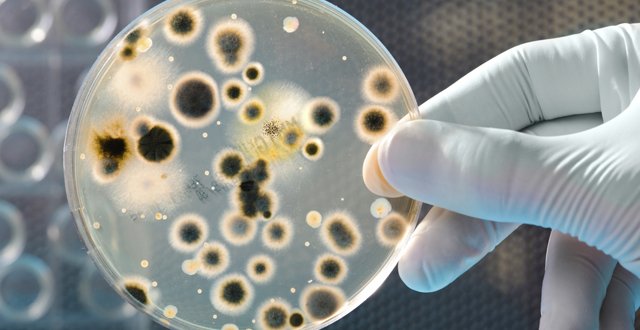Ireland currently lacks a designated national bacterial STI laboratory, despite increasing cases of bacterial STIs and huge concerns internationally about antimicrobial resistance (AMR).
Last July, Clinical Lead in Sexual Health at the HSE Sexual Health and Crisis Pregnancy Programme (SHCPP) Dr Fiona Lyons told the <strong><em>Medical Independent </em></strong>(<strong><em>MI</em></strong>) that roles and responsibilities for the proposed national laboratory had been drafted and were with external reviewers.
Last month, a HSE spokesperson said the time-frame for the laboratory’s establishment was not yet known, but it is anticipated to be in “late 2018”.
“The roles and responsibilities are not available while the process of designating the role of sexually transmitted bacterial reference laboratory (STBRL) is ongoing,” commented the spokesperson. “In late 2017, expressions of interest were sought from laboratories for consideration as designation as the national STBRL. An expert panel has been convened and this work is ongoing.”
The overall funding required has not yet been established, said the spokesperson.
As previously reported in <strong><em>MI</em></strong>, an interim gonorrhoea reference laboratory at St James’s Hospital, Dublin, was provided funding of €144,000 to continue its work in 2017. Asked if there had been an allocation for 2018, the HSE spokesperson said: “Budgets are currently being finalised with the intention that the interim designation will continue until the process of the final designation is completed.”
According to data from the Health Protection Surveillance Centre (HPSC), notified STIs rose by 6 per cent in the first two quarters of 2017, compared to the same period of 2016. During this period, gonorrhoea cases increased from 858 to 1,018, a rise of almost 19 per cent.
According to a SHCPP document on additional funding requirements for 2017, obtained by <strong><em>MI </em></strong>following a Freedom of Information request, Ireland “continues to experience increasing numbers of STIs and outbreaks of bacterial STIs (in particular gonorrhoea, LGV and syphilis) and appropriate resourcing of a bacterial STI reference laboratory is required to ensure an effective and appropriate response”.













Leave a Reply
You must be logged in to post a comment.